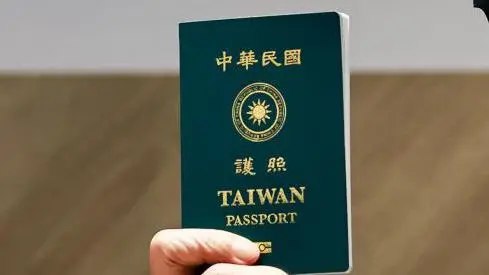Taiwan has voiced strong criticism against Somalia after authorities in the East African country enforced a travel ban on individuals holding Taiwanese passports. The move, which took effect on April 30, prevents Taiwanese nationals from entering or transiting through Somalia.
Taiwan’s foreign ministry described the action as politically motivated and influenced by China, calling it a violation of basic travel rights. A statement issued Tuesday evening urged Somali authorities to immediately revoke the directive and warned its citizens against traveling to either Somalia or the self-declared Republic of Somaliland.
Somalia has not officially commented on the decision, but the ban comes amid growing tensions linked to Taiwan’s expanding ties with Somaliland—a breakaway region of Somalia that declared independence in 1991 but remains largely unrecognized internationally.
Taiwan and Somaliland established mutual representative offices in 2020, prompting strong objections from both Somalia and China. In response to Somalia’s travel ban, China praised the measure as evidence of Somalia’s firm stance on the “One China” policy, which asserts that Taiwan is a part of its territory.
China’s foreign ministry welcomed the development, stating that it “fully supports” Somalia’s decision to deny entry and transit to Taiwanese passport holders.
Taiwan, which operates as a de facto independent nation with its own democratic system, has seen its diplomatic space shrink over the years due to Beijing’s efforts to isolate it internationally. Only a few countries formally recognize Taiwan as a sovereign state.
Meanwhile, Somaliland continues to function with its own institutions and electoral process but lacks international recognition. Tensions between Mogadishu and Hargeisa have heightened in recent months, especially following a controversial port agreement signed between Somaliland and Ethiopia—an arrangement Somalia has declared illegal.



